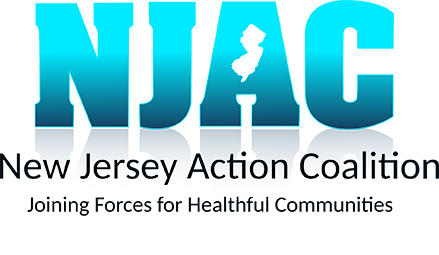Nurses as intermediaries in the promotion of community health: Exploring their roles and challenges
E x e c u t i v e S u m m a r y
An effective health care system needs to coordinate medical facilities with the behavioral and
economic drivers in communities that are most related to good long-term health.
Intermediaries can help this to happen by providing key skills and building trust between
health care institutions and community organizations and residents.
Nurses are among the most important of such intermediaries. They not only provide skilled
health care services, but tend to be the closest to the patient and their family caregivers, and
the most aware of their broader psychosocial and health care needs. There is a broad range of
nursing specialties that play this role, from Clinical Nurse Leaders to school and parish
nurses.
A review of nurses as intermediaries indicates a number of lessons and reveals several
challenges. Among them:
Data silos can make it difficult for nurses to gain access to the information they need.
These barriers need to be addressed.
Scope-of-practice rules and other professional barriers prevent nurses from maximizing
their effectiveness. States need to review such rules, and training needs to be appropriately
designed.
Budgets and payment systems often frustrate efforts to use nurses strategically. These
need to be aligned to encourage the more effective use of nurses as intermediaries.
Read full article here.
